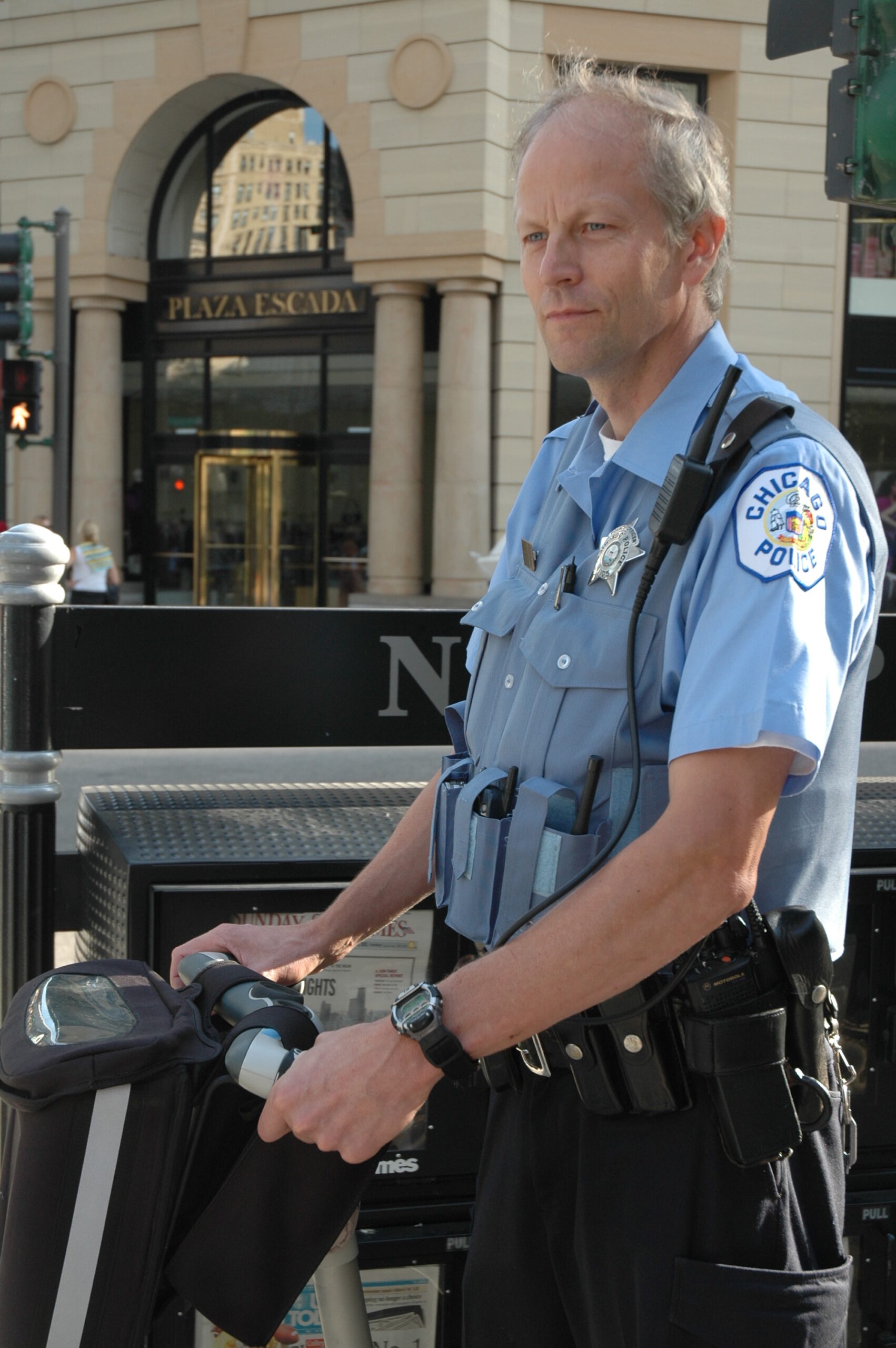In the contemporary landscape of social justice, the issue of police brutality remains a paramount concern, particularly against Black men. This tragic reality evokes profound sorrow, often leading us to question the moral compass of society. How do we, as a community, respond to the imperative for justice while adhering to the principles espoused by the Bahá’í Faith?
The Bahá’í teachings provide a robust ethical framework that encourages both individual and collective responsibility in confronting injustice. Central to these teachings is the principle of the oneness of humanity. This tenet urges us to recognize that the pain endured by one is a shared anguish among all. Therefore, the brutality faced by Black men at the hands of law enforcement must not only incite outrage but also galvanize action rooted in compassion and understanding.
The first step towards answering the call for justice is the acknowledgment of systemic racism, which pervades many institutions, including the justice system. The Bahá’í community is called to reflect on its own practices and paradigms, ensuring that inclusivity and equity are paramount. The often-opaque nature of institutional policies requires vigilance and proactive engagement from individuals committed to the principles of justice.
Moreover, the Bahá’í teachings emphasize the importance of consultation as a means of resolving conflicts and addressing social issues. How often do we consult with those directly affected by police brutality? Engaging in genuine dialogue with individuals from marginalized communities can foster greater understanding and facilitate collaborative solutions. This approach aligns with the Bahá’í principle of the unity of thought and action, where our ideals are reflected in tangible efforts to effect change. Can we envision a world where each voice is uplifted, and consultation leads to meaningful reform?
In the face of adversity, particularly the distressing reality of police violence, Bahá’í teachings advocate for the practice of patience and the cultivation of a profound love for humanity. It urges individuals to engage not just out of a sense of duty but from a place of deep compassion. This compassion must fuel our desire to seek systemic change that addresses the root causes of police brutality. It is insufficient to simply condemn the actions of a few; we must critically examine the societal structures that allow these abuses to persist.
The notion of justice in the Bahá’í Faith extends beyond mere retribution; it encompasses a holistic perspective that considers restoration and healing. In this light, it is essential to support policies and initiatives that promote restorative justice. Such frameworks can help repair the fractured relationships between communities and law enforcement by prioritizing accountability, transparency, and respect for human dignity. How might the incorporation of restorative practices reshape our understanding of justice?
The teachings of the Bahá’í Faith also advocate for education as a vital tool in the fight against injustice. Education breeds awareness, understanding, and empathy. It empowers individuals to recognize their rights and the rights of others. The pursuit of knowledge can dismantle prejudices and pave the way for a just society. In providing educational resources about police brutality and its implications, individuals can become equipped advocates for reform. How can educational initiatives be strategically implemented to make a substantial impact in combating police violence?
Furthermore, the Bahá’í community is encouraged to engage in collective action. Advocacy can take many forms, from peaceful protests to participating in policy-making processes. Each individual has a role in promoting justice, and collective efforts can amplify the voices of those suffering at the hands of systemic injustice. By harnessing the collective strength of the community, the message against police brutality can reach a broader audience and incite change on a societal scale.
It is crucial to acknowledge that the path towards justice is fraught with challenges; however, these challenges must be embraced as opportunities for transformation. The Bahá’í teachings remind us that progress is often born from adversity. Collective resilience in the face of such tragedies can forge stronger bonds amongst communities and deepen our commitment to the ideal of justice for all. How might we transform our collective sorrow into a catalyst for change?
In this journey, self-reflection is paramount. Individuals are called to examine their biases, assumptions, and roles within the systems that perpetuate injustice. By cultivating an attitude of humility, we can become more effective allies in the struggle against police brutality. As Bahá’ís, we must commit to personal growth and perseverance, recognizing that the quest for justice is both a personal and communal endeavor.
Ultimately, the Bahá’í teachings position us at a pivotal intersection where compassion, justice, and action converge. Society at large bears a moral obligation to confront police brutality and its ramifications. As the tears of Black men fall, let them serve as a poignant reminder of the work that lies ahead. In unison, we can rise to this challenge, guided by the principles of love, equity, and justice that form the bedrock of the Bahá’í Faith. The time for action is now; it is essential that we heed the call for justice with unwavering resolve.
